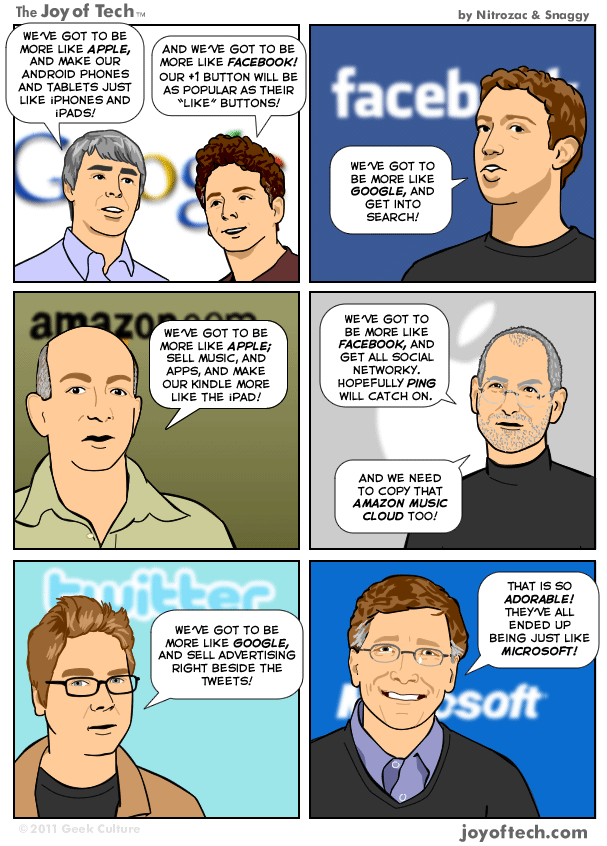News Update – Best of the Day
 Although the mobile hype is massive, there are studies that question the power of smartphone mobile advertising and it’s efficiency. A new research from YouGov shows consumers accept placements as part of their day-to-day mobile experience but consider them intrusive (79%) and tend to ignore them altogether. Only 5% think mobile ads are a good idea and welcome them. However, the general apathy smartphone users have toward seems to equal ignorance: 88% ignore ads on applications and 86% have ignored placements on the mobile internet.
Although the mobile hype is massive, there are studies that question the power of smartphone mobile advertising and it’s efficiency. A new research from YouGov shows consumers accept placements as part of their day-to-day mobile experience but consider them intrusive (79%) and tend to ignore them altogether. Only 5% think mobile ads are a good idea and welcome them. However, the general apathy smartphone users have toward seems to equal ignorance: 88% ignore ads on applications and 86% have ignored placements on the mobile internet.
The security company Imperva released a study that states “web applications, on average, experience twenty seven attacks per hour, or roughly one attack every two minutes.” Imperva monitored 10 million attacks between December of last year and May of this year “targeting 30 different enterprise and government web applications.” Of the 27 attacks per hour most of them are trying to identify vulnerabilities on websites. If a vulnerability is found, attacks can increase to 25,000 per hour which would be seven attacks per second.
What is the future of Twitter? During a keynote interview at Fortune BrainstormTech in Aspen, Twitter CEO Dick Costolo gave insights in his vision of the company’s business model.
PS: Just in case you ask why Twitter is cool, Steven Winterburn has got the answer: “”Twitter is like a fridge. If you’re bored you keep opening & closing it every few minutes to see if there’s anything good in it.”



 Jive Software recently published a
Jive Software recently published a 
 As Facebook and Twitter are becoming stronger and stronger, the search giant Google had to do something about it. Especially, after
As Facebook and Twitter are becoming stronger and stronger, the search giant Google had to do something about it. Especially, after 



